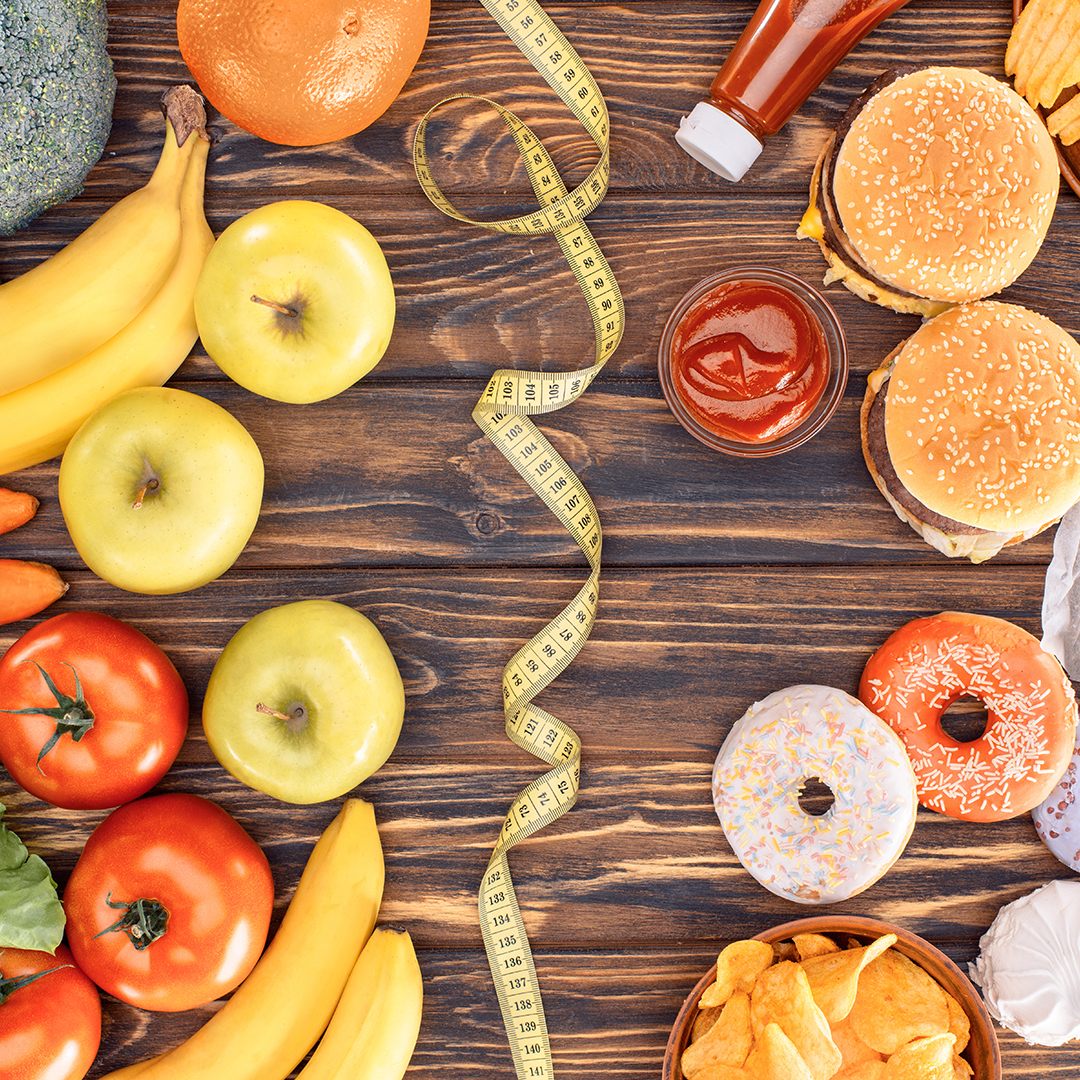Comfort eating might seem like a harmless habit to begin with but if it becomes a routine you continue with for a long period of time, it can lead to your weight spiralling out of control.
Although food is a preferable addiction compared to other substances that are much more dangerous to your health, becoming reliant on eating as a way to make yourself feel better can be equally detrimental to your body, so if you’re stuck in the habit, it’s one you should look to break.
What is Comfort Eating?
There’s no harm in grabbing yourself a treat if you’re feeling a little down as a one-off but comfort eating can get out of hand and spiral into a difficult to break addiction.
Also known as Emotional Eating or Emotional Overeating, an addiction to eating to make yourself feel better as opposed to satisfying hunger is actually a recognised disorder, often associated with other mental health problems.
Comfort eating is not just identified as eating to cheer yourself up, as opposed to stopping yourself feeling hungry, but it’s also often associated with conditions such as Binge Eating Disorder due to the fact that those that struggle with comfort eating will choose unhealthy foods and eat a lot of them in a short period of time.
Whether you feel your emotional eating has become a problem or you’re just starting to identify that you’re reaching for food when you’re down, looking to break this habit is an important step for your health.
How to Stop Comfort Eating?
If you do think emotional eating is becoming a problem for you and starting to negatively impact your weight, then it’s time to take some practical steps to change your eating habits.
Top tips for stopping comfort eating:
- Keep a Food Diary – Sometimes the problem with stopping emotional eating is actually identifying you’re doing it in the first place. You can become so oblivious to what you’re eating, especially when you’re not in the best mindset, so keeping a food diary is the best way to be able to see what you’re actually eating in a day and establishing where there might be issues.
- Find Non-Food Comforts – One of the key ways to stop yourself turning to food when you’re emotional is to find comforts that aren’t food. That could be exercise, taking a bath, reading a book, anything you find improves your mood and relaxes you is a good substitute for food when you’re feeling low.
- Remove Temptation – Although comfort food can always be bought, removing temptation from your reach can help to stop you automatically turning to those treats when you need a pick me up. Getting rid of your comfort foods from the house and staying away from the shops when you’re feeling down can help encourage you to do something else to make yourself feel better other than eat.
- Talk About How You’re Feeling – Emotional eating is often the result of not knowing what to do about how you’re feeling, so talking about your emotions is a perfect way to avoid automatically turning to food to hide the fact you’re feeling down and actually dealing with any issues you may be struggling with.
If you’ve cracked down on the behind the scenes problems causing your comfort eating and managed to get things back under control but now want to lose the weight gained by eating in this way, Bodyline Clinic can help.
Although you’ve now regained control of your eating, trying a conventional diet to lose the weight might not be the right route for you, however, a medical weight loss plan might work better.
Using medical weight loss products such as the ones prescribed by the teams here at Bodyline Clinic work by suppressing your appetite and cutting cravings, removing the need for you to employ willpower to stop eating, which makes losing weight a lot easier. All you need to do is listen to your body and feed it well when it needs it.
Find your local Bodyline Clinic and get in touch today to complete your journey in beating the habit of comfort eating!















